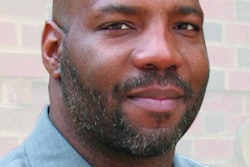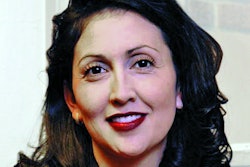Most people would marvel at the 1970s television show “The Bionic Woman” and just hope to emulate the technologically advanced heroine.
Not a young Dr. Ayanna MacCalla Howard. “I said, ‘I can build The Bionic Woman,’” she says with a laugh.
But it formed the foundation for a now stellar career in engineering and robotics for Howard, an associate professor in the Georgia Institute of Technology’s School of Electrical and Computer Engineering.
Howard focuses on the area of humanized intelligence and robotics. According to her Georgia Tech biography, this area of research centers on the process of embedding human cognitive capability into the control path of autonomous systems. She says this doesn’t mean building robots that will become human.
“I’m designing robotic technology — not to replace humans or take over the world — but really to meet unmet needs,” she says. “I just want to build the ultimate human companion. Something that can assist us at home or in space — an intelligent counterpart to assist us in anything we want to do.”
Howard, who grew up in Southern California, is a graduate of Brown University and the University of Southern California, where she earned her master’s and doctoral degrees in electrical engineering.
Up until 2005, Howard worked at NASA’s Jet Propulsion Laboratory, most recently as a senior robotics researcher. She was integral in research and design of autonomy software that is based on human cognition for landing a robotic spacecraft safely on a remote surface, formation of multiple spacecrafts and safe navigation of a planetary rover.




















